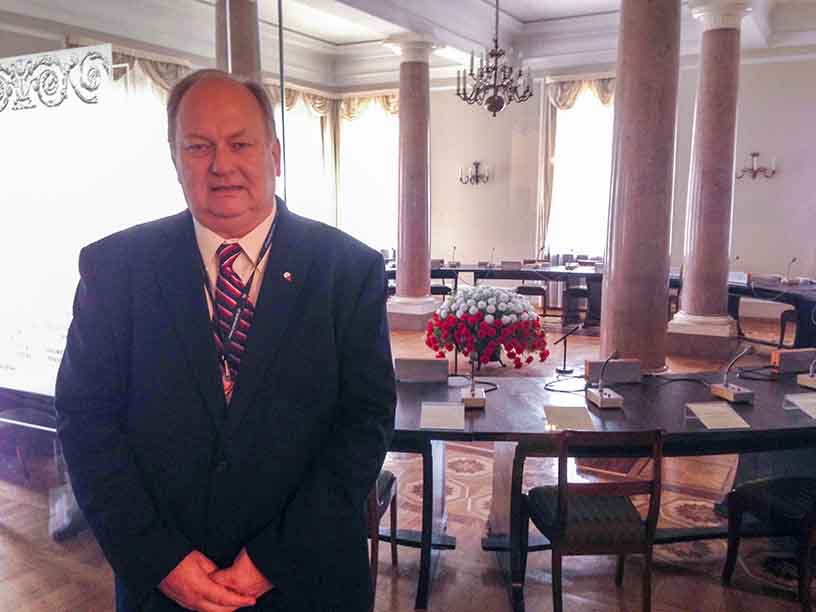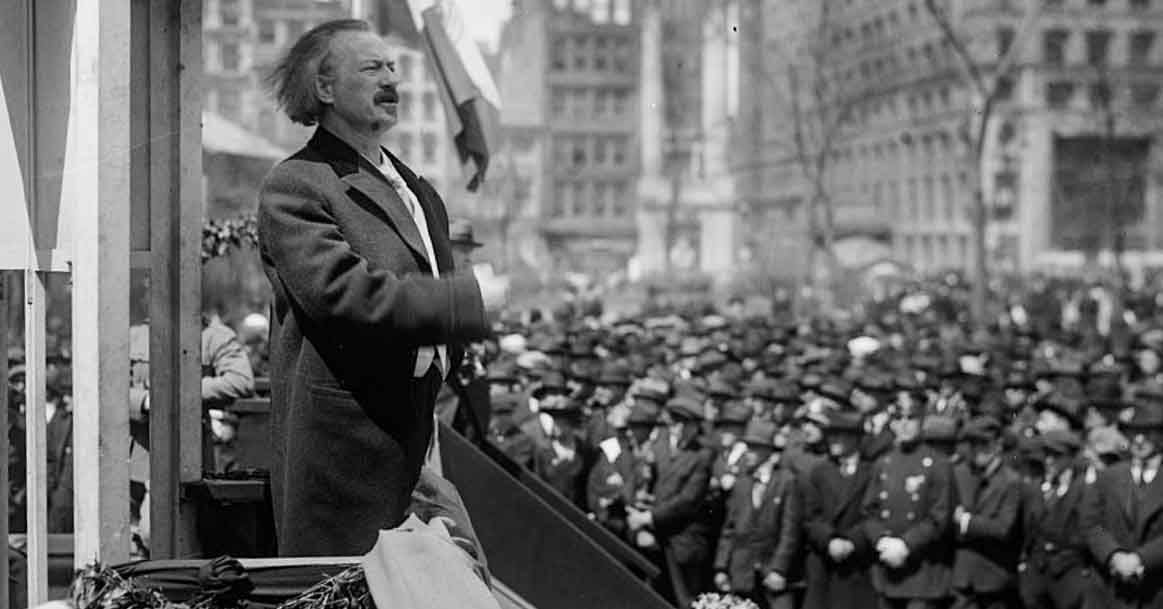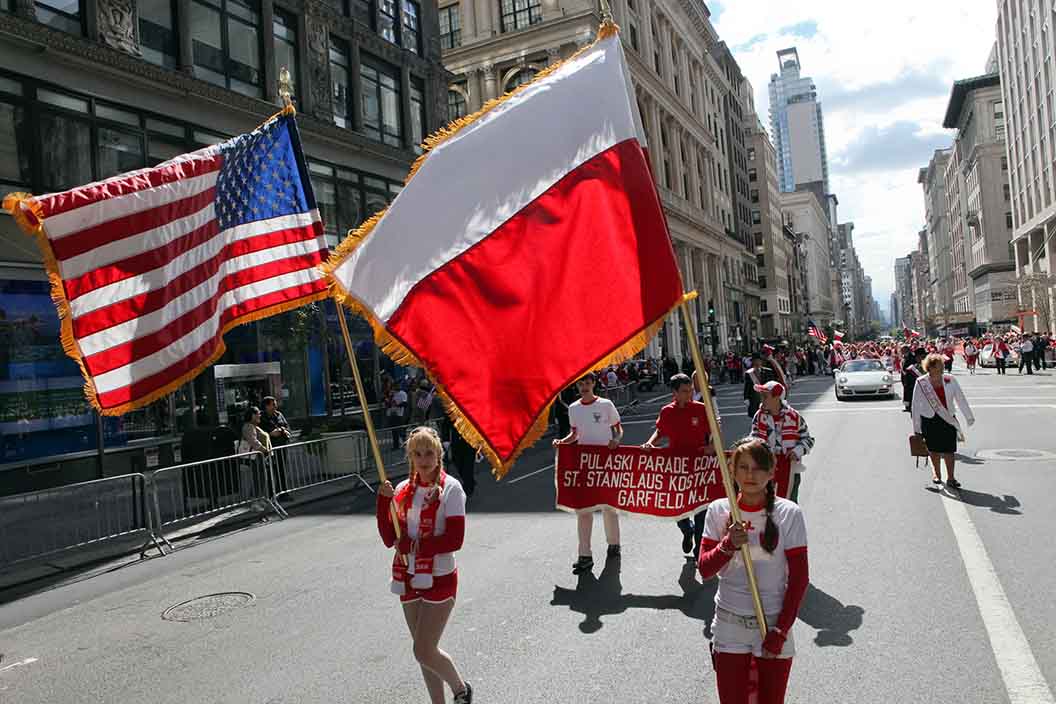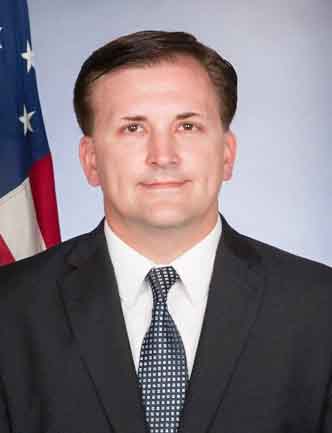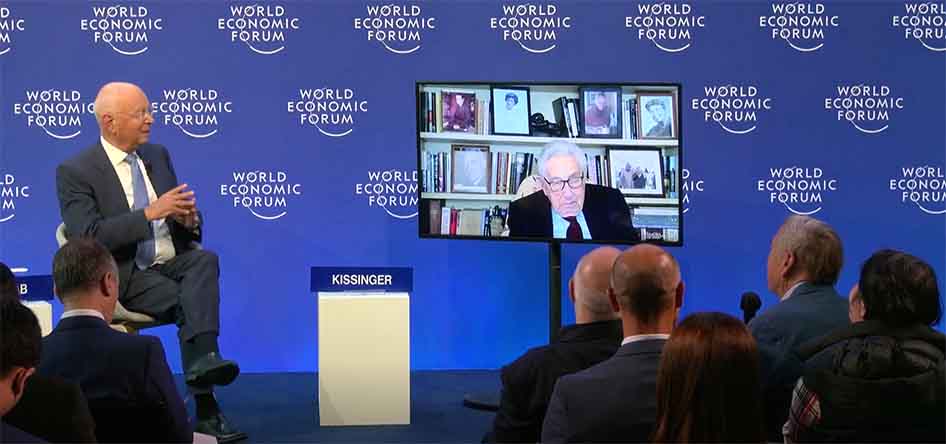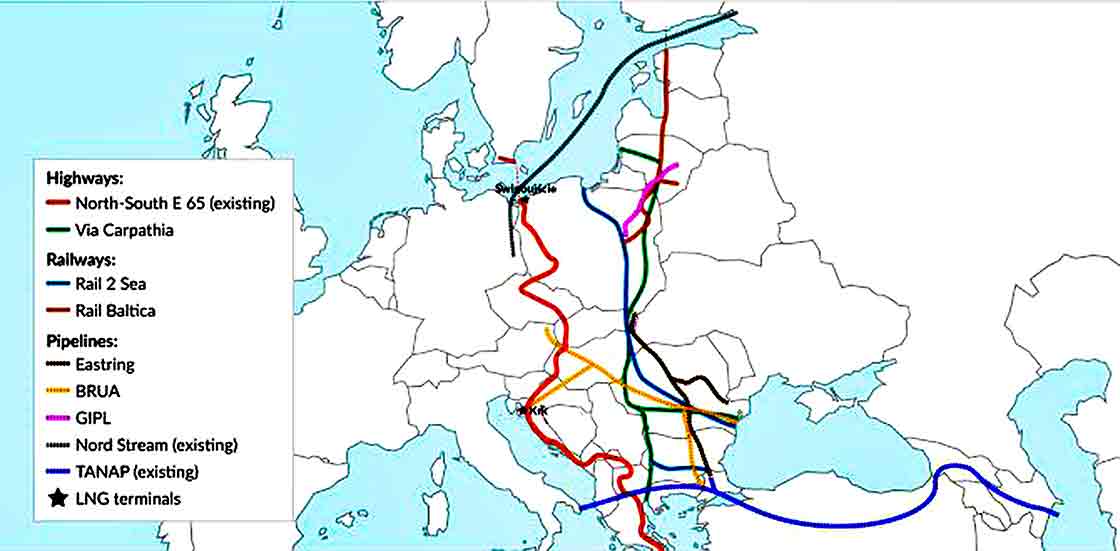Before the countries of Central and Eastern Europe — and maybe even more broadly, including the Scandinavian countries, and some countries of southern Europe, all the way to Turkey — in connection with the ongoing war in Ukraine, there is a window of opportunity to create a geopolitical project, the idea of which has been alive since the times of Marshal Piłsudski. Whether we call it the Intermarium or — a bit more broadly — the Three Seas Initiative, it is still a project that can significantly inhibit Russia's imperial policy. It was proven militarily by the Poles in 1920, then by the Finns in the Winter War of 1940, and today, the Ukrainians are proving it, fighting heroically for a free Ukraine.

Source: Pixabay
Edward Moskal, as the President of the Polish American Congress (Kongress Polonii Amerykańskiej, KPA), had the courage to say what he thought about Poland's accession to the European Union. In 2002, he uttered the following, very important words, that sound so true today:
The agreement negotiated in Copenhagen does not adequately protect Polish interests and violates the basic principles of the European Union on the equality of rights and obligations of all states. We believe that accession involves a far-reaching loss of political sovereignty. Polish parliamentarism and the judiciary are under threat. The laws and resolutions of the Sejm and Senate will be deprived of the Polish national point of view. After joining the Union, Poles will become a nation without a state of their own.
As he was not a lawyer, these words came from an analysis prepared by experts for the KPA. Today, the Polish diaspora in the US does not have such a politician, but it has numerous centers gathering the Polish-American elites, which are ready to create pro-Polish lobbying in the US.
It should not be forgotten that the tendencies towards deeper federalization of the European Union result directly from the political groups existing within the European Union establishment. I mean specifically the Spinelli Group, which I wrote about in detail in 2016. Here is a short excerpt from this group's program declaration:
This is not the moment for Europe to slow down integration but, on the contrary, to accelerate it. The history of the European Union has proved that «more Europe», no less, is the answer to the problems we face. (...) Nationalism is an ideology of the past. Our goal is a federal and post-national Europe, a Europe of citizens.
These trends still pose a real threat to Polish sovereignty in the European Union.
There is a war in Ukraine. All analysts say that it will change the image of Europe. According to prof. Tomasz Grzegorz Grosse:
We are witnessing a process in which the countries of Central Europe stop orienting themselves either towards the West, or the East, and start looking at each other. Due to the deepening troubles of Western Europe, the countries of the "new union" are more and more beyond the control of Berlin and Paris.
So, whether the Europe from Vladivostok to Lisbon will be created, or the Intermarium or, more broadly, the Three Seas, will be created within the European Union, it depends on the Polish elites scattered all over the world. So let's stop focusing only on petty party clans. Let us reach wider and look at the future of Poland in a non-partisan manner. Let us not close the debate in the circles of media oligarchs, on the contrary, let us open it up and broaden it.
Poland must be prepared for such a change. Therefore, we must have ready-made analyses, strategic visions of development and real, well-prepared teams of negotiators that will be able to intellectually cope with difficult talks. Our Polish history provides us with examples that international negotiations are not our strong point. There is still time to properly prepare for such talks. Let us activate our diplomacy. We need to break with the thinking of Cold War sages such as John Mearsheimer or Henry Kissinger, who will always leave plenty of room to work in imperial Russia into their geopolitical thinking.
It is time for the elites of Central and Eastern European countries to start joint efforts to get Washington's support for the Intermarium project. Polish geopolitician Jacek Bartosiak commented on this issue and, for the first time, clearly stated that it is time for the Polish political elite to finally activate the Polish diaspora so that it can effectively influence the discourse in Washington.
Let us send clear signals to Central European countries, to Scandinavians, Americans, Germans and Frenchmen, as well as to the Turks. Let us be guided by the Polish raison d'état, bearing in mind that attempts to reform the Republic of Poland since the May 3rd Constitution have always met with active resistance from our historic neighbors. The reform of the state and the Polish army are absolute priorities. If we are prepared for such a change and we put real work into it, rather then merely creating a propaganda image, we shall succeed.





